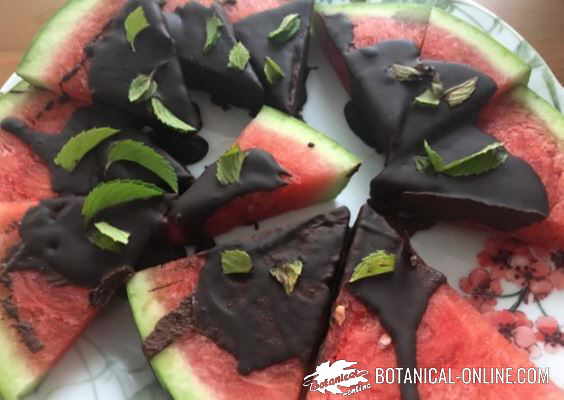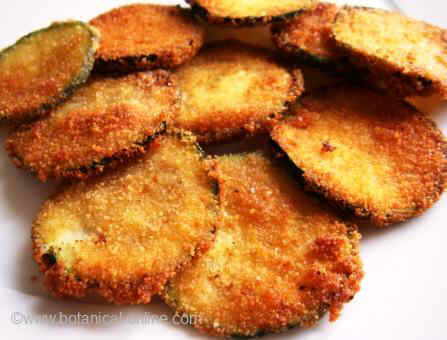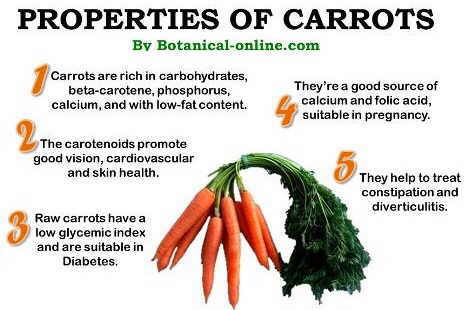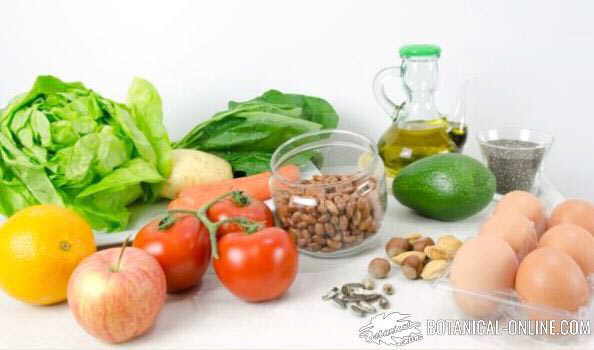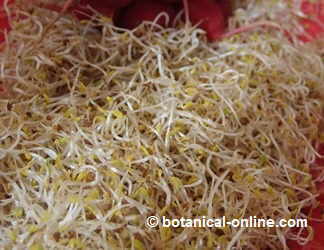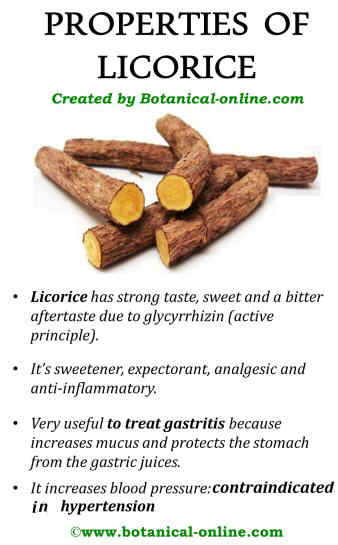Contents
- 1 Fattening fats that should be avoided or restricted
- 1.1 WHAT FATS MAKE US FATTER ?
- 1.2 Problem of pasta and industrial foods
- 1.3 The best they taste the more you eat
- 1.4 Good fats stimulate the metabolism, are nutritious, satiating, and help to lose weight
- 1.5 Problem of the diets without fat: they diminish the metabolism
- 1.6 NO fried or salted nuts are recommended
- 1.7 High fat and sugary foods destroy the metabolism
- 1.8 Negative effects of bad fats
- 1.9 What fats are not good and should be avoided?
- 1.10 Recommended diet: rich in unprocessed and nutritious foods
- 1.11 Recommended fats in weight loss diets
- 1.12 Physical exercise increases the metabolism
Fattening fats that should be avoided or restricted
WHAT FATS MAKE US FATTER ?
Problem of pasta and industrial foods
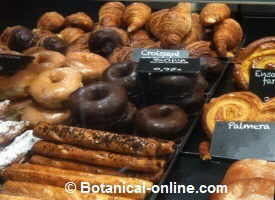
Industrial products are very tasty and addictive
The effect of satiety does not occur with sugary and / or high-fat industrial foods, which produce more and more appetite for the sweet and have a high caloric density, with little nutritive contribution (without vitamins or minerals).
In the case of processed meats, such as hamburgers, sausages, cold cuts and pâtés, they generally contain added fats and a lot of salt, resulting in very caloric and appetizing foods, which are easy to eat in excessive quantities.
The best they taste the more you eat
Many times they also contain flavor enhancing additives that improve their organoleptic properties. The objective is always to offer a product with a much more intense taste than natural foods. By stimulating the pleasure of eating more, we eat them more.
WHY IS IT SAID THAT GREASE MAKES YOU FAT? Fat does not get fat because it has a lot of calories. Foods rich in natural fat , such as nuts and avocados, are satiating and do not cause weight gain, as has been shown in many studies. The processed products that contain added fats, a lot of salt, a lot of sugar and / or flavor enhancers are very tasty and appetizing. As they are very tasty, they cause them to be ingested in higher amounts than natural foods rich in fats: This does not mean they get fat because they contain fat or calories. Their consumption “fattens” because they are very tasty, so they are eaten more and more often than recommended. |
Good fats stimulate the metabolism, are nutritious, satiating, and help to lose weight
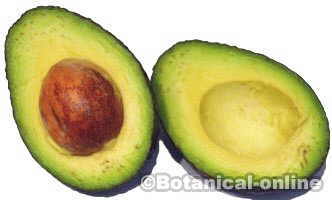
Avocado is rich in healthy fats, folic acid and vitamin E
Nuts contain fats that stimulate thermogenesis and increase metabolism. In addition, it is very appropriate to take nuts or seeds in diets to lose weight because they are foods that provide plant proteins, fiber, vitamins and minerals such as folic acid, calcium or magnesium.
- Recommended: a handful of almonds, sunflower seeds, pumpkin seeds, walnuts, Brazil nuts, etc.
Problem of the diets without fat: they diminish the metabolism
A diet with a very low intake of calories and fats, as was often recommended erroneously, produces a decrease in weight but also reduces metabolism.
This is the main cause of the known rebound effect or yo-yo effect after a diet, in which all the lost weight is regained and even a little more. Over time, these types of diets make it difficult to lose weight, even eating very few calories.
IMPORTANT Nuts should be consumed raw or lightly toasted, without salt and without frying. |
NO fried or salted nuts are recommended
Nuts are healthy when eaten raw or lightly toasted. In addition, this is how they best conserve their healthy properties (vitamins and omega 3 are lost in the frying process).
When frying and adding salt makes them taste a lot, they are more palatable and cause them to eat more.
High fat and sugary foods destroy the metabolism
In nature, foods that contain a lot of fat and a lot of sugar at the same time do not naturally exist. Focusing on natural foods: fruits, rich in sugars, contain practically no fats. Nuts, rich in fats, contain practically no sugars.
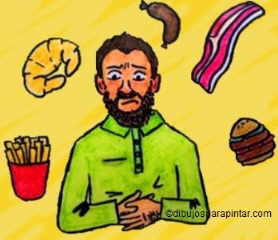
Processed foods contain a lot of fat and a lot of sugar. Drawing courtesy of ©Dibujosparapintar
Negative effects of bad fats
The effect that produces a food with a lot of fat and sugar, such as pastries or cookies, at the metabolic level is a great mismatch because because the body is physiologically not ready to use many fats and a lot of sugar at the same time. Consuming a lot of sugar triggers insulin and this stimulates the production of fat. But at the same time, to find much fat in the blood, the use of sugar is prevented.
Although these are complex metabolic processes, it could be summarized that consuming an excess of foods rich in flours, fats and sugars is not natural or healthy for the organism.
For this reason, the consumption of products containing flours, added fats and refined sugars should not be abused.
A prolonged feeding of this type produces an excess of fat and sugar in the blood, known as “high cholesterol“ and “type 2 diabetes”.
What fats are not good and should be avoided?
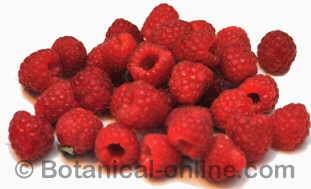
Fruits are recommended in any healthy diet.
The considered bad fats are mainly those found in products of industrial origin or refined or poor quality oils: refined oils, trans fats, fried (the oil at high temperatures deteriorates, or even becomes trans fat), …
Consuming these foods increases the needs of antioxidants in the diet, so if consumed, it is recommended to balance the diet with fresh vegetables or fruits (carrots, mango, raspberries, pomegranate, …).
- In short, it is recommended to avoid refined products or those that contain or may contain, in addition to added fats of poor quality, a lot of sugar and additives.
*Related:
– How much dried fruit is recommended per day?
– Essential fatty acid benefits
Recommended diet: rich in unprocessed and nutritious foods
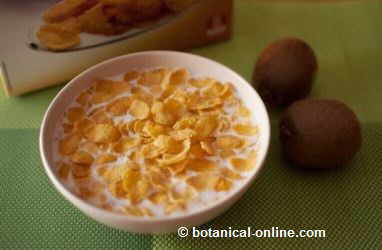
Milk with cereals is an example of breakfast low in fat, protein, without fiber, and very rich in fast-absorbing carbohydrates
A healthy diet is one that also includes rice, vegetables and fruits, a good amount of vegetables (carrots, pumpkins, lettuce, broccoli, …), protein-rich foods, nuts and a little vegetable oil of good quality (virgin or first cold pressure).
The mixture of proteins, fiber, fats and carbohydrates cause the absorption and digestion of food to slow down and reduce insulin in the blood.
This contradicts what is said in other very famous theories such as the dissociated diet. (The composition of the food totally discredits it).
Recommended fats in weight loss diets
For cooking and dressing, you should use extra virgin olive oil (sometimes called EVOO) or, if you do not have this oil, other unrefined seed oils (cold pressed).
It is advisable to moderate the consumption of oils and consume fats through the avocado (or a couple of tablespoons of natural guacamole sauce), a handful of almonds or sunflower seeds (without salt and without frying).

Outdoor exercise, a natural treatment
Physical exercise increases the metabolism
Daily physical exercise is also necessary to mobilize fats. It is recommended to walk at least 1 hour a day at a brisk pace, and it is desirable to increase the pace and intensity as you become accustomed to exercise.
It is also very appropriate to perform strength exercises, such as jumping for 10 minutes, getting up and sitting 30 times, doing weights, etc. (adapt the activities to each person).
For this type of activities it is not necessary to drink isotonic or recovery drinks, it is enough with 1 fruit and / or a handful of nuts before or after exercise.
* Related information: What is the obesogenic environment?
![]() More information on nuts.
More information on nuts.

